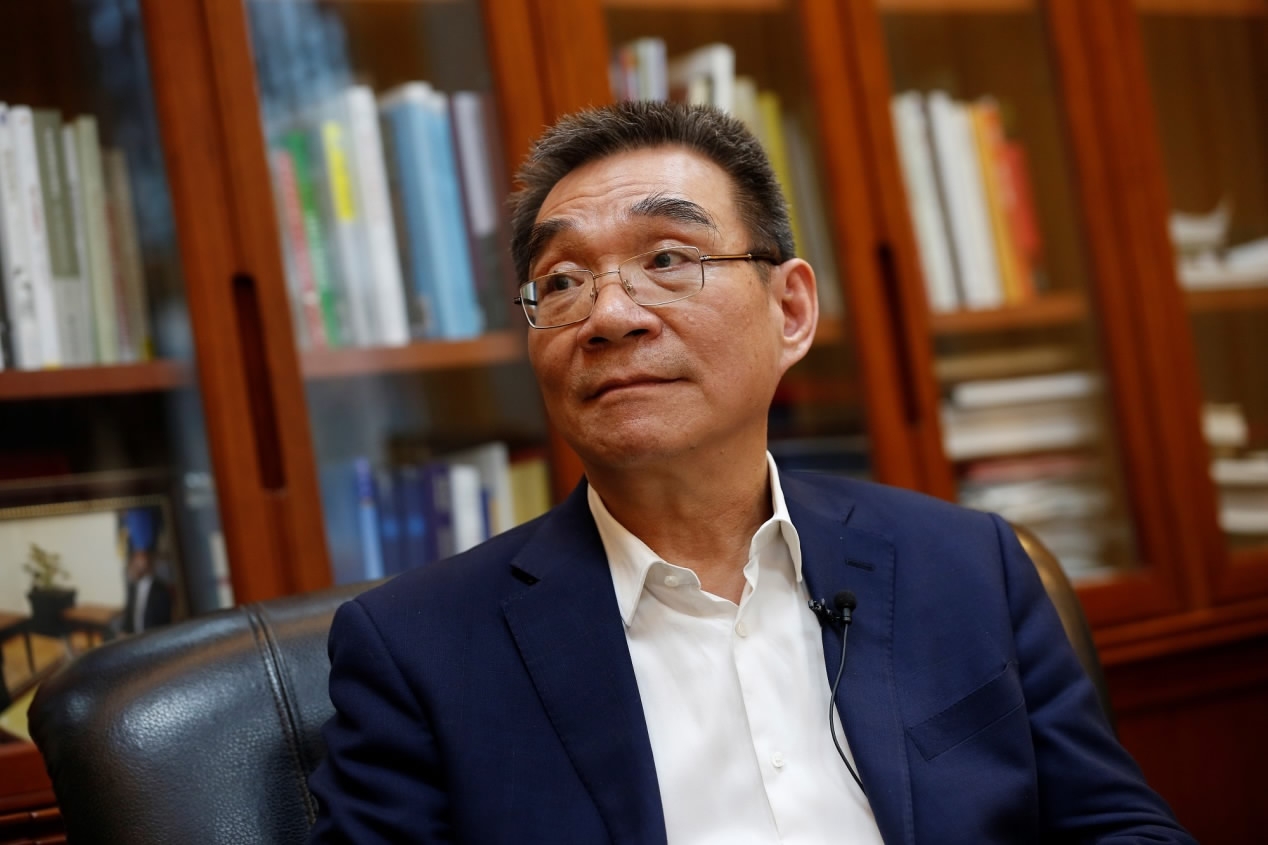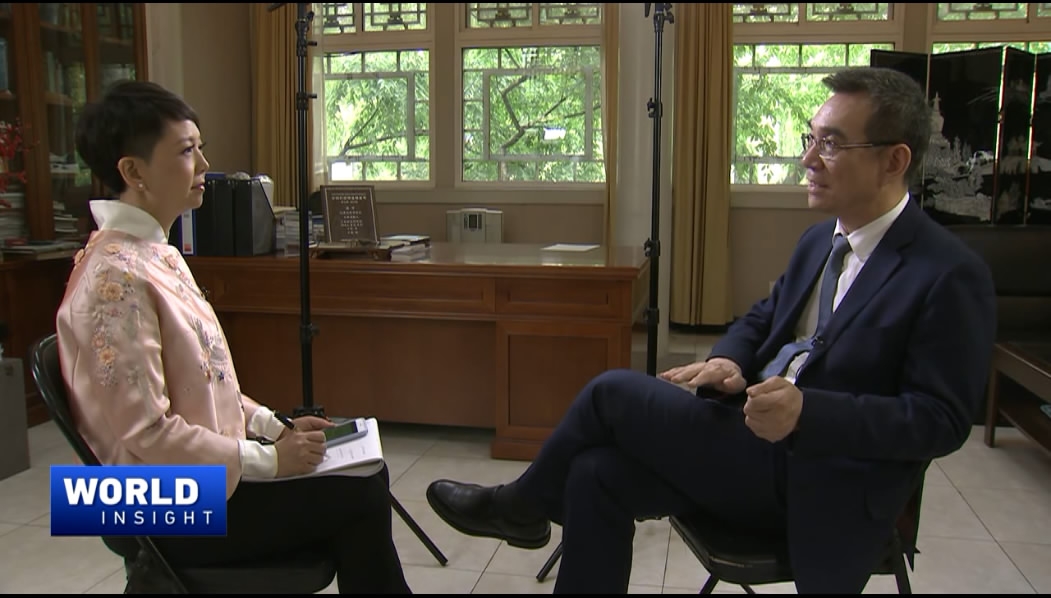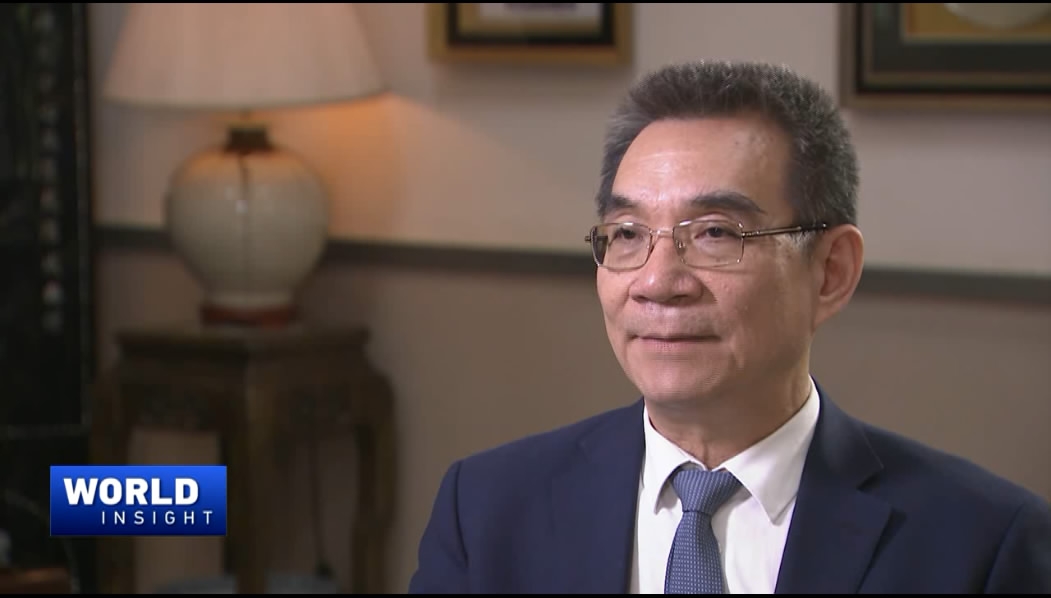
Business
19:40, 11-May-2017
Leading Chinese economist on Belt and Road: Infrastructure -- key to connectivity

By CGTN’s Tian Wei and Ding Dai
How big a role should a government play in economic affairs?
Recently in Beijing, CGTN’s Tian Wei spoke with Justin Lin Yifu, a leading Chinese economist, who shared his insights.
Lin was one of the first PRC citizens to receive a PhD in economics from the University of Chicago. In 2008, he became chief economist and senior vice president of the World Bank. Lin is founder and the first director of the China Center for Economic Research at Peking University. He talked about his understanding of the Belt and Road Initiative (BRI), the importance of infrastructure, and different development models.

CGTN Photo
CGTN Photo
“If you look at the situation of developing countries, or emerging market economies, one thing to help them to develop economy is to release the bottle neck of infrastructure. So they can have a better integration with the global market.” Lin told Tian Wei.
Lin said that China has long embraced the wisdom: If one wants to develop its country and economy, build a road first.
But he also pointed out the challenges BRI is facing. “How can we implement the projects well? We have a good selection of implementation that needs to put into the context of every country’s situation.”

CGTN Photo
CGTN Photo
Asked whether China’s development model can work for other countries, Lin answered that every country is different, with institutions or models in one country not applicable to others.
But Lin holds that good quality, global acceptance and cost competitiveness are universal values. Good infrastructure will provide good transportation and reduce transaction costs, which will increase competitiveness in international markets.

SITEMAP
Copyright © 2018 CGTN. Beijing ICP prepared NO.16065310-3
Copyright © 2018 CGTN. Beijing ICP prepared NO.16065310-3